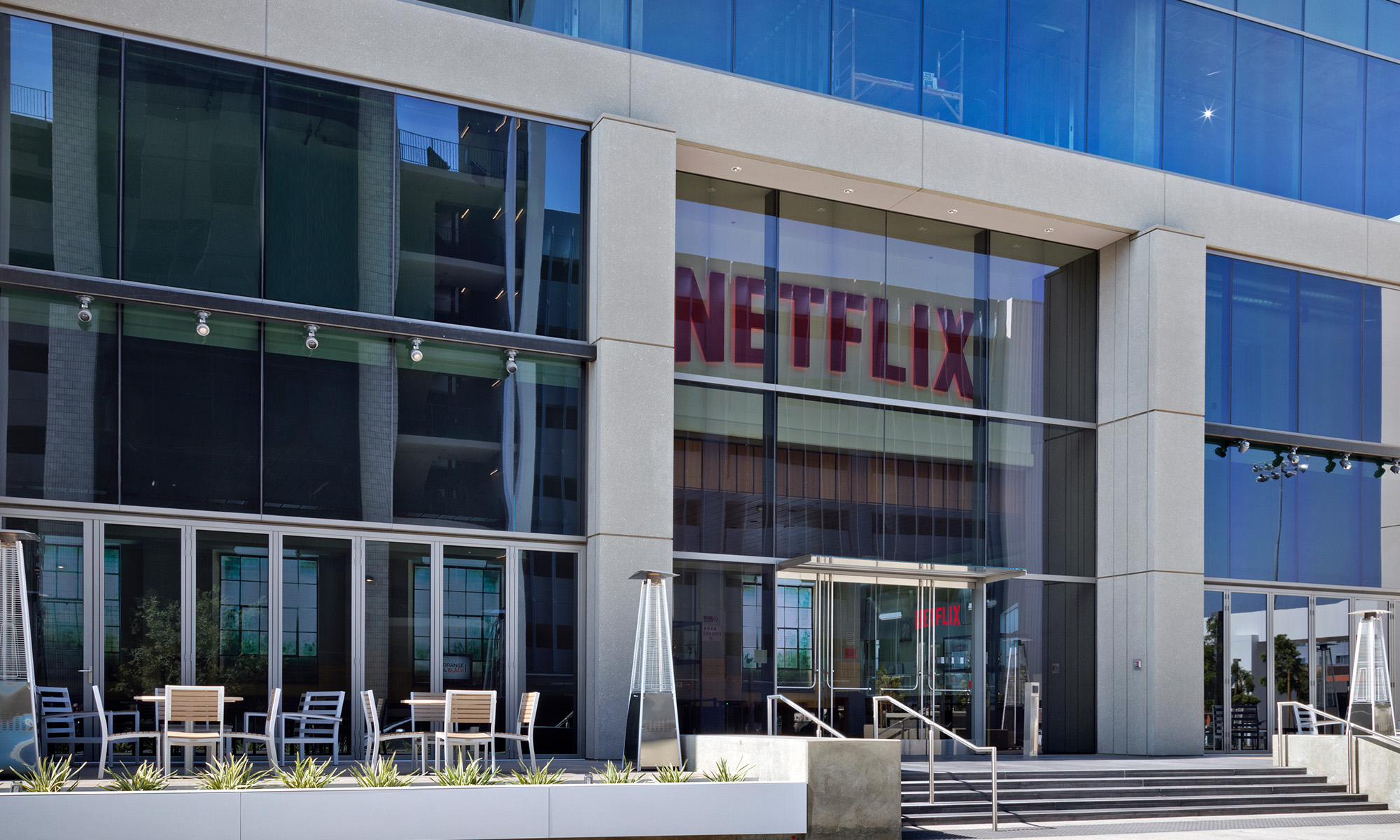Netflix (NFLX 1.76%) is reportedly starting to beef up the quality of its streams for the potential wave of 4K-capable televisions hitting the market. Tech blog Gigaom is reporting that Netflix has uploaded test footage in 4K, setting the stage for a wider rollout of commercial fare for Ultra HD in the coming months.
The video -- a brief cityscape filmed in Mexico -- is offered up in six different resolutions.
We still don't know if Ultra HD will take off. The TVs are too expensive at the moment -- the cheapest 4K TV at Best Buy will set you back $3,000. We saw how high prices doomed 3-D home theater systems, though now that the economy's showing signs of life, the market may be receptive to an upgrade.
Yes, 4K is a material upgrade in the realm of high-def. The technology offers four times the resolution of 1080p HDTV by introducing twice as many pixels in each direction. Even if it's slow to catch on -- if it ever catches on at all -- Netflix can't ignore it. It now has more than 40 million subscribers worldwide, and it's safe to say that this includes the early adopters when it comes to video that will likely pay up for the higher quality.
"We want to be one of the big suppliers of 4K content next year," CEO Reed Hastings said during last month's earnings call. "We are going to have 4K available everywhere."
He also revealed that "super HD" is another platform that should be available on Netflix during next year's 4K expansion.
Netflix doesn't just cater to folks with the technology and connectivity to make the meatier streams possible. There's a lot of bandwidth going into 4K-quality video served digitally, but Netflix has sometimes had to go the other way. We saw that in Canada two years ago, where tight usage caps among Canadian service providers forced Netflix into offering subscribers the option of streaming at lower qualities that aren't as taxing. Canadians were offered streams that consumed just a third of the bandwidth of its default setting.
Closer to home, Netflix investors began to get nervous last year when the FCC appeared to support tiered broadband pricing at a cable-industry trade show. In short, Netflix has proven that it's ready to play limbo if it's in the best interest of its audience. Serving lower-quality streams would naturally also be beneficial to Netflix's cost structure. Will margins contract if 4K sends bandwidth slurping the other way?
Netflix can always charge more. It doesn't have a problem charging disc-based customers more for Blu-ray. Consumers get it. The Blu-ray optical discs cost more than DVD. The market should also understand why Netflix would charge more than $7.99 a month for customers wanting 4K.
Netflix has stuck to its $7.99-a-month pricing, but just as it offers a slightly more expensive plan for those wanting more than two simultaneous streams, it could also push out a higher rate for those craving 4K. If they're paying $3,000 for a 4K Ultra HD device, odds are they won't flinch at the legitimate increase.






